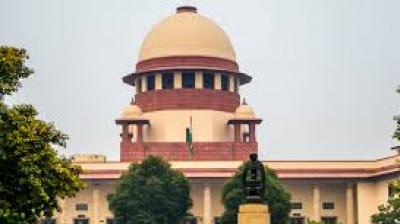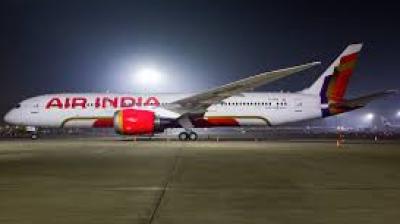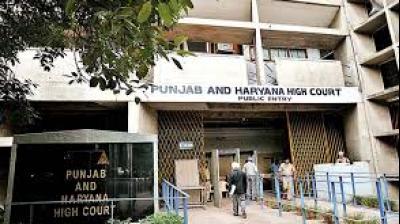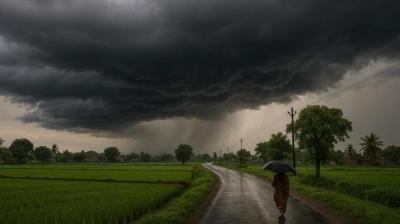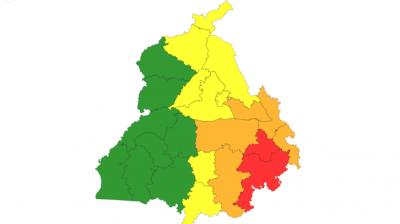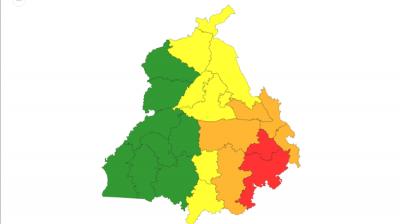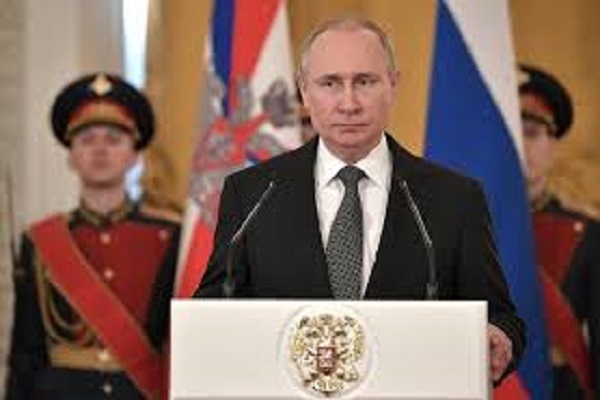
Moscow: Vladimir Putin today faced another six years in power after a record win
in Russia's presidential election, but congratulations from abroad were
largely muted after opponents accused him of rigging the vote and
Moscow's relations with the West worsened.
Putin, who has ruled
Russia for almost two decades, recorded his best ever election
performance with 76.66 percent of the vote but rejected the possibility
of staying in power indefinitely.

Opposition and independent
monitors reported ballot stuffing and other cases of alleged fraud as
the Kremlin pushed for a high turnout to give greater legitimacy to
Putin's historic fourth term.
But Putin's supporters said Western
pressure on Putin including Britain's accusations in a spy row and the
Olympic doping ban prompted Russians to close ranks behind their leader.
Putin,
who is now set to extend his rule until at least 2024 and is already
Russia's longest-serving leader since Joseph Stalin, appeared to rule
out remaining president for life.
"What, am I going to sit here
until I am 100 years old? No," he told reporters Sunday night when asked
if he saw himself running for president again in 2030.

The
Russian strongman ran against seven candidates, but his most vocal
opponent Alexei Navalny was barred from the ballot for legal reasons and
the final outcome was never in doubt.
"I see in this (result)
the confidence and hope of our people," a beaming Putin told supporters
on a square next to the Kremlin Sunday night.
Putin's campaign
spokesman Andrei Kondrashov said that at more than 67 percent, turnout
was 8 to 10 percentage points higher than expected "thanks to Britain."
"Several foreign leaders -- I won't say their names -- made
their contribution," said head of the Central Election Commission Ella
Pamfilova.
"Our people always unite in the trying hour."
Putin received more than 92 percent of the vote in Crimea, annexed from Ukraine in 2014.
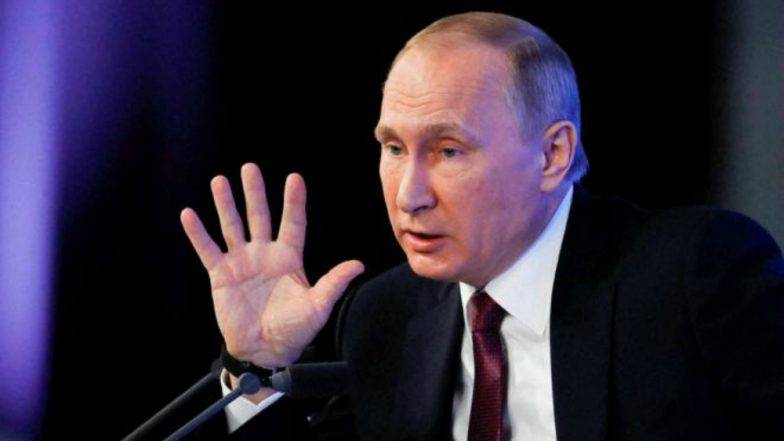
Most
of the voters AFP spoke to said they had backed Putin despite Russia's
problems of poverty and poor healthcare, praising his foreign policies.
Moscow
faces increasing global isolation over its interventions in Ukraine and
in Syria, and a fresh round of US sanctions over alleged Russian
election meddling in 2016.
In the run up to the vote, a new
crisis broke out with the West as Britain implicated Putin in the
poisoning of former double agent Sergei Skripal in England with a
Soviet-designed nerve agent.
Authorities used both the carrot and the stick to boost engagement in the polls.
Selfie competitions, giveaways, food festivals and children's entertainers were laid on at polling stations to entice voters.
But employees of state and private companies, as well as students, reported coming under pressure to vote.
During
campaigning, Putin, a 65-year-old former KGB officer, stressed Russia's
role as a major world power, boasting of its "invincible" new nuclear
weapons.
Analysts said Putin used tensions with the West to rally
support and suggested that armed with a strong new mandate, he could
push through further punitive measures against dissenters.
"He
wants to show that there is a little bit of Putin in every Russian, that
he plays the Russian soul like a guitar," said political analyst
Konstantin Kalachev.



